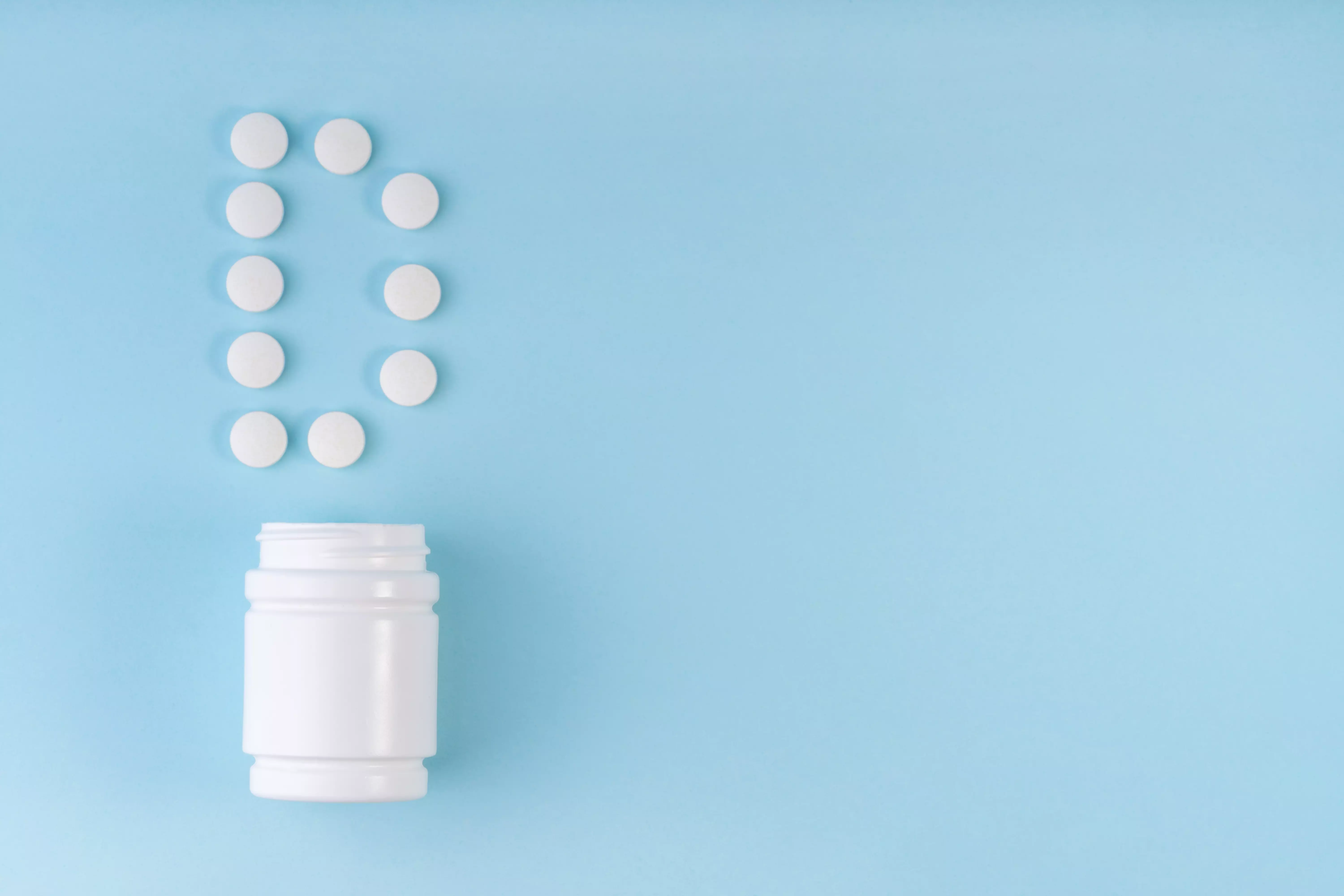Healthy diet as key to maintaining health during menopause
Menopause is a natural process that affects the lives of many women around the world. The hormonal changes that occur during this period can result in a variety of unpleasant symptoms, such as hot flashes, sleep and mood disturbances. However, a proper diet can help alleviate these symptoms and keep you healthy during menopause.
The role of a healthy diet in menopause
Proper nutrition is important at any stage of life, but especially during menopause. Hormonal changes during this time can lead to loss of muscle mass, increased fat mass and weakened bones. A diet rich in nutrients can help control these changes and maintain health.
Important nutrients for health during menopause:
1. Calcium: As women age, they are more likely to lose bone mass. Consuming enough calcium is key to maintaining healthy bones. Foods rich in calcium include dairy products, nuts and broccoli.
2. Vitamin D: Calcium absorption depends on the availability of vitamin D in the body. The sun is the best natural source of this vitamin, but it can also be found in fatty fish, eggs and dairy products.
3. Fiber: As women age, they may struggle with digestive problems such as constipation. Eating fiber-rich foods such as fruits, vegetables and whole-grain cereal products can help keep digestion regular.
4. Antioxidants: It's a good idea to make sure you're providing your body with plenty of antioxidants, which can help fight free radicals and prevent degenerative changes. Antioxidants can be found in fresh fruits, vegetables and herbs.
Foods to avoid
During menopause, there are certain foods that should be avoided or limited to maintain health. It is worth giving up:
Sweets and processed foods: Sweet snacks and processed foods tend to be high in simple sugars and trans fats, which are not good for your health.
Salt: High sodium intake can increase the risk of high blood pressure and water retention in the body. It is a good idea to avoid processed foods rich in salt and prefer fresh produce instead.
Alcohol and caffeine: High consumption of alcohol and caffeine can exacerbate hot flashes and disrupt sleep. It's a good idea to limit their intake or look for healthier alternatives, such as herbal teas.
Fatty meat: Eating too much fatty meat can have a negative effect on blood cholesterol levels. It is advisable to choose lean sources of protein, such as poultry and fish.
Common questions about diet in menopause
1. Should I limit my intake of dairy products?
Dairy products, such as yogurt and cheese, are important sources of calcium. If you are not lactose intolerant or allergic to dairy products, it is worth including them in your diet in moderate amounts.
2. Should I eat more soy?
Soya contains phytoestrogens, which are substances with effects similar to female hormones. Some women notice a beneficial effect on their menopausal symptoms after consuming more soy, but there is no conclusive evidence that it should be consumed in large quantities.
3. Are there dietary supplements that can help with menopause?
Dietary supplements can be helpful in replenishing nutrient deficiencies, but care should be taken to ensure their quality and proper dosage. It is a good idea to consult a doctor or nutritionist before starting supplementation.
Summary
A diet full of nutrients is crucial for health during menopause. Calcium, vitamin D, fiber and antioxidants are essential for maintaining healthy bones, regulating digestion and preventing degenerative diseases. It is also important to avoid unhealthy foods, such as sweets, salt, alcohol and fatty meats. Adequate nutrition combined with physical activity and regular checkups can help maintain your well-being during menopause.
